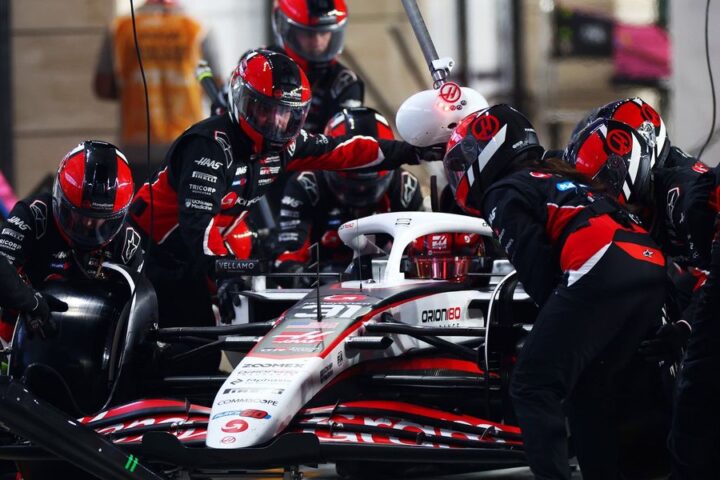Russia is facing fresh scrutiny after a Bloomberg investigation revealed on August 22, 2025, that Russian companies are seeking to recruit young women from South Africa to offset a critical labor shortage. The shortage stems from the country’s aging population and the loss of hundreds of thousands of men in the war against Ukraine. At the same time, South Africa struggles with severe unemployment, making its citizens particularly vulnerable to such offers.
Concerns over involvement in military drone production
While recruitment campaigns in South Africa are framed as opportunities in construction and hospitality, concerns have mounted that many of the women are instead being funneled into the production of Shahed-136 drones at a factory in the Alabuga Special Economic Zone in Tatarstan. According to reports from the Institute for Science and International Security (ISIS), up to 90% of the women arriving there end up working on drone assembly. The Alabuga complex is already known as one of the central sites for Russia’s kamikaze drone manufacturing.
BRICS-linked organizations implicated in recruitment drive
The recruitment efforts are closely tied to organizations operating under the BRICS brand. In May, the BRICS Women’s Business Alliance in South Africa signed an agreement to provide 5,600 workers in 2026 for companies in Alabuga and Etalonstroy Ural. Earlier in January, the BRICS Student Commission had advertised jobs in Russia targeting women aged 18 to 22, a campaign amplified by South African influencers on Instagram and TikTok. Critics argue that such involvement blurs the line between civil society initiatives and direct support for Russia’s war effort, potentially damaging BRICS’ reputation as a platform for cooperation and development.
Risks for recruited workers and questions over legality
Civilian workers at military facilities face significant risks. Alabuga, as a site producing kamikaze drones, is considered a legitimate military target, raising fears for the safety of foreign employees. Under international law, the presence of civilian labor does not shield such facilities from potential strikes. This turns civilian recruits into de facto participants in Russia’s war economy, raising ethical and legal questions about their recruitment and deployment.
South Africa’s muted response raises political concerns
The South African government’s slow and cautious reaction has drawn criticism. Observers suggest Pretoria may be reluctant to confront Moscow directly to avoid straining ties within BRICS. However, this stance risks undermining public trust at home, where citizens expect stronger protection of their rights and safety. The lack of decisive action also gives Russia space to continue its recruitment practices without accountability, reinforcing fears that the issue could spread further across the African continent.














